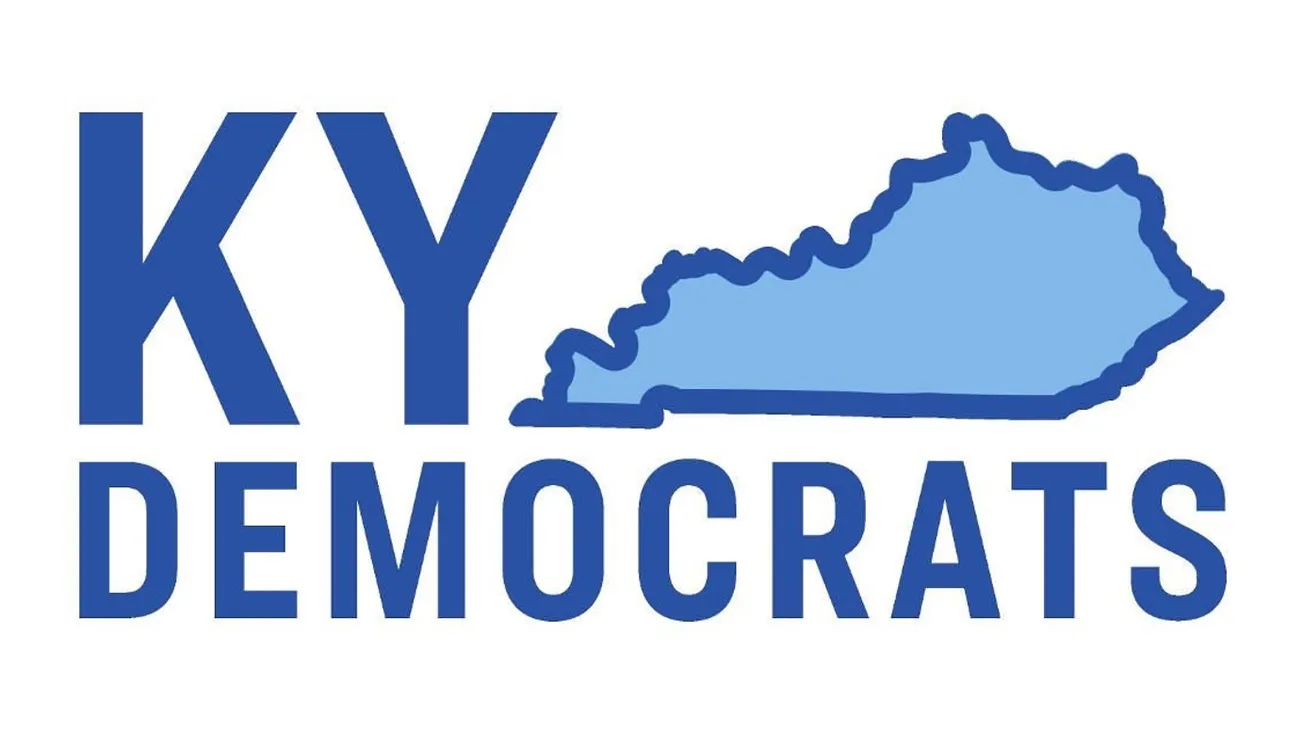The Kentucky Democratic Party’s executive committee took a couple of actions recently that I’d like to weigh in on. (And just to be clear, I am not on “State Central”; these are observations from outside the room.)
Endorsing Andy Beshear in the primary
For most non-political people, this was probably a “duh” moment. Of course the state Democratic organization is going to stand with their popular Democratic governor; why would it be otherwise?
But for those of us who either follow politics closely or are actually involved in politics, this was a dangerous precedent.
By tradition and sometimes by bylaw, party organizations at all levels are supposed to be neutral during primaries. And in this case, “neutral” means in every way:
- either no financial help or equal financial help;
- either no consulting help or equal consulting help;
- and no endorsement one way or another.
Are there other Democrats running against Beshear? Yes. Do they stand any chance at all of winning the nomination? Absolutely not. Then why was it wrong for KDP to go ahead and endorse the obvious winner?
Because primaries are supposed to be decided by the voters, not by the party leadership. Having the internal party organization put its thumb on the scale is not only unethical in a supposedly democratic process; it is also dangerous, as it ensures the party becomes more and more inbred, with only the insiders having a chance to win the primary.
It was a bad decision on the part of KDP. Let us hope it is never repeated.
Enacting a “disassociation” clause for the party
At the same meeting, the executive committee made some changes to the KDP bylaws. One of those involved adding the ability for the party to disassociate itself from a candidate. This is a good idea, and long needed.
“Wait,” you are surely saying, “you just finished inveighing against the party endorsing someone in the primary. Are you then saying it’s okay for the party organization to ‘unendorse’ someone in the primary?”
Yes, I am – and here’s why. It has to do with boundaries. (About which I actually teach a course. I’ll try to keep this brief. 😉)
Keeping proper boundaries is an important part of emotional health – but it also can apply to organizations. At the risk of gross oversimplification, here are three definitions that relate to KDP’s actions:
- Aggressive – I invade your boundaries.
- Passive – I allow you to invade my boundaries.
- Assertive – I protect my boundaries, but also honor your boundaries.
By endorsing in a primary, the party is aggressively inserting itself into what should be the voters’ domain. It is, in essence, invading the boundaries of the voters and of the democratic process.
But, the party has the right to protect its own boundaries: its reputation, its principles, and what it stands for. Thus, it has the right to defend itself from a candidate whose stated positions are so far beyond the pale that their candidacy can do serious damage to the party’s reputation. To use the terms above, the party is being assertive: “You are free to espouse whatever beliefs you want, but we are free to keep those beliefs on the outside of our organization.”
If the party tried to get that candidate thrown off the ballot, that would be an aggressive move. But disassociating the party from that candidate is an assertive move.
Could the act of disassociating the party become the same as endorsing the other candidate? Certainly, especially if the party used it for that purpose.
But I don’t think that is the intent. We’re not talking here about degrees of difference in policy. We’re talking about candidates that are openly racist, or that promote violence.
So, I’m glad KDP gave itself the ability to tell the voters “Hey, that person may have a D after their name, but what they are spouting is not what the Democratic Party stands for.” It was a good decision, and a necessary one.
--30--








